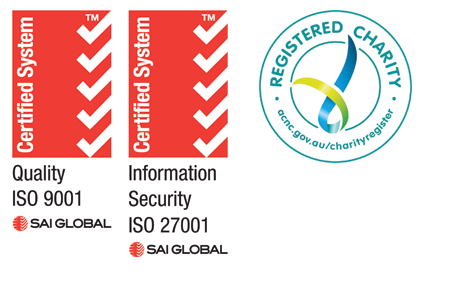Infant care: discovering need and meeting it
By Andrew Masterson
What does success look like? Often, it looks like a situation in which there is more work to do. And that’s great, because adaptation and change are inevitable in the world of health care.
A good example of this is the First Thousand Days clinic, a program operated by the Royal Women’s Hospital’s Alcohol and Drug Service (WADS). The clinic provides wraparound care for individuals and their infants, where the infant is at risk of development delays due to maternal drug or alcohol use during pregnancy.
The ‘thousand days’ term refers to the time between conception and the child’s second birthday. The plan was first mooted by the WADS team back in 2023. NWMPHN provided the initial 12-month funding, and pilot began in December of that year.
The clinic – which saw 76 babies in its first year – runs a multidisciplinary service model. Babies and their families are able to access a physiotherapist, paediatrician, midwife and social worker team at developmental milestones.
This means increased access to combined allied health, specialist and community services, providing better outcomes for families experiencing a multitude of stigmas and barriers to seeking health care.
On any level, the first year of the program was a success. In creating a solid foundation and highlighting pathways the base model should grow.
However, evaluation of data gathered revealed some interesting findings, and identified some gaps. Insights highlighted that although AOD concerns play a key factor, women entering the program are primarily seeking support for maternal health and wellbeing, together with AOD support.
The data also showed an increase in mental health presentations, and highlighted the need for speech pathology services to enhance newborn development.
As a result, NWMPHN’s executive team not only approved an extension of service delivery, but boosted it to permit embedding a psychologist and speech pathologist into the clinic team.
The First Thousand Days clinic is now fully funded at least until June 2026.
“Planning is a crucial part of determining solutions to unmet health needs, obviously,” said Stephanie Carroll, NWMPHN’s Manager, Mental Health and AOD.
"In practice, certain elements only become evident once the groundwork is underway. Careful planning from the outset allows unforeseen factors to be identified and addressed during service delivery.
“That was certainly the case here – and we celebrate that. It shows how to make a successful pilot into an even more successful reality.”



